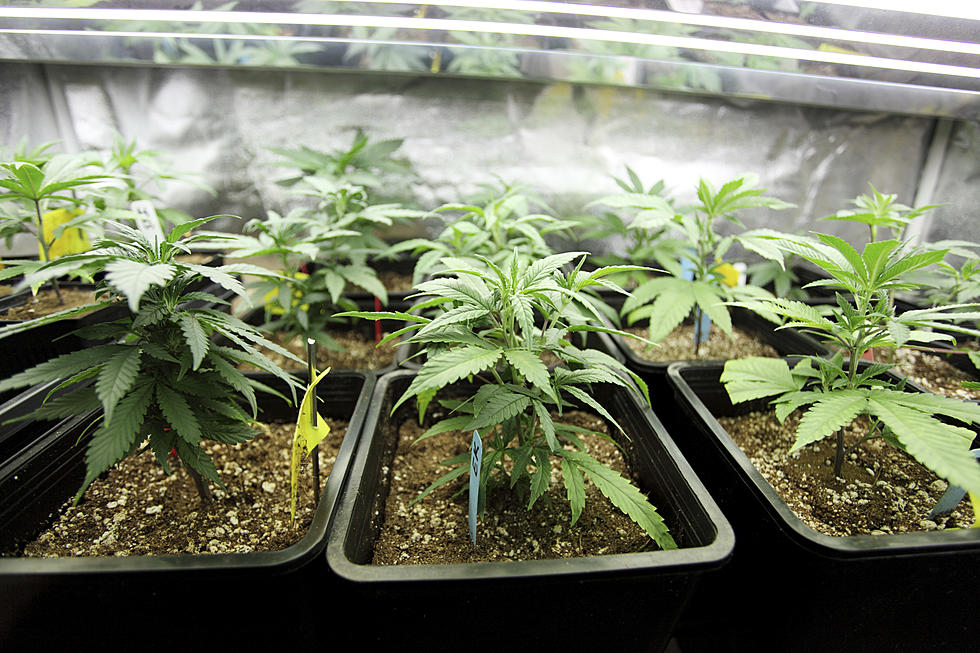
‘Very Unhealthy’ – Grand Rapids Has Worst Air Quality in the Country Today
The smoke rolling over Grand Rapids, Mich., is impossible to ignore. Not only can you see it, you can SMELL it.
Well, it's best to limit time outside Tuesday, June 27, as Grand Rapids has the worst air quality in the country.
Why is There Smoke Over Grand Rapids?
As Wood TV 8 reports, wildfire smoke from Quebec, Canada has surged into West Michigan, creating the worst air quality in decades.
So far 19 million acres of forest have burned and there are currently 495 active fires in Canada.
Some outdoor events may be cancelled or postponed, including tonight's West Michigan Whitecaps game.
Air Quality Alert Michigan
Tuesday morning, WZZM-13 reported that Grand Rapids had the worst air quality in the country, putting the area in the "Very Unhealthy" category.
The National Weather Service has issued and Air Quality Alert for all of Michigan June 27 and 28, 2023.
You can check the current air quality here.
Sensitive groups, such as people with lung disease (including asthma), heart disease, and children and older adults, should limit prolonged and heavy exertion - and everyone should limit time outside.
It's not just people who are at risk.
The State Veterinarian’s Office released a statement due to the Air Quality Alert.
Assistant State Veterinarian, Jennifer Calogero, DVM, PhD. said,
Similar to humans, animals are also affected when there are issues with air quality, especially birds, animals with underlying respiratory and heart conditions, and other sensitive populations—such as young or senior animals. If animals are being negatively affected by breathing poor quality air, they could exhibit various signs of illness, including coughing, wheezing, having difficulties breathing, eye drainage, lethargy, changing the sound of their vocalization, decreased appetite, and thirst. For any concerns related to the health of your animals, please contact your veterinarian.
To protect your animals from poor air quality, follow these tips:
- Keeping animals indoors with doors and windows closed and limiting the amount of time they spend outdoors.
- Avoiding strenuous activities/exercise.
- Ensuring clean air flow when indoors by using fans, air conditioners, air purifiers, etc.
LOOK: The most expensive weather and climate disasters in recent decades
KEEP READING: Get answers to 51 of the most frequently asked weather questions...
More From 97.9 WGRD







![Burning Garbage Truck Creates Massive Explosion [Video]](http://townsquare.media/site/43/files/2016/02/hqdefault11.jpg?w=980&q=75)
![Mysterious Black Ring Seen Floating Over Kazakhstan Village [Video]](http://townsquare.media/site/43/files/2015/04/RS4899_124814395-scr.jpg?w=980&q=75)
